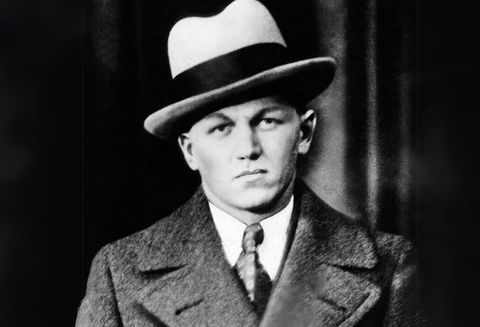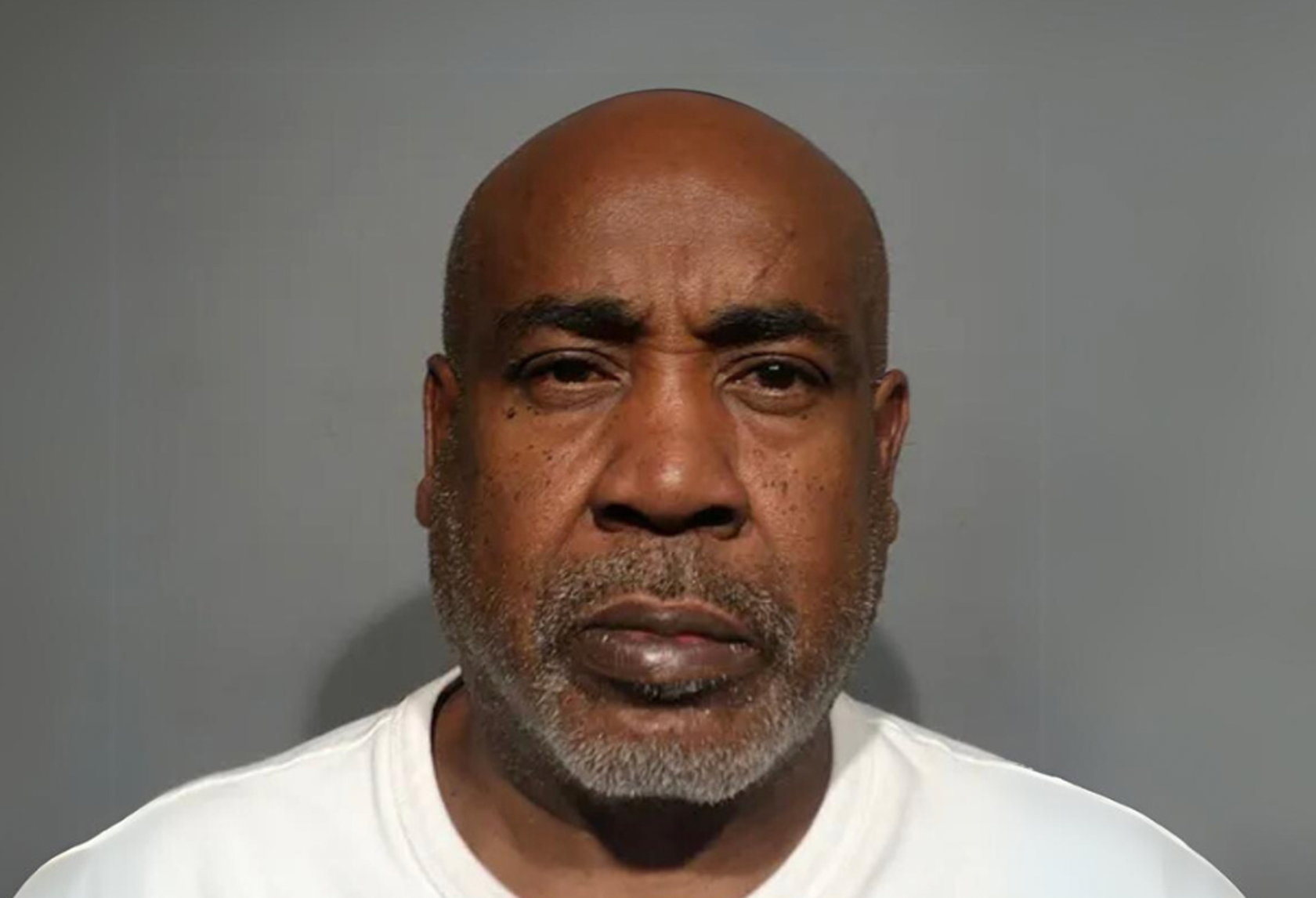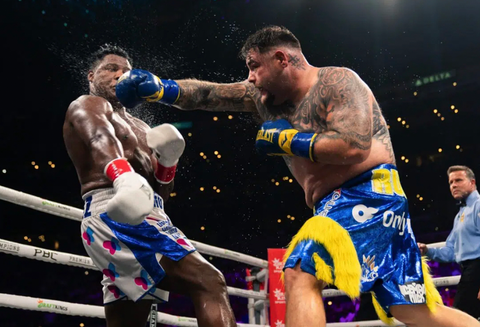Top Stories
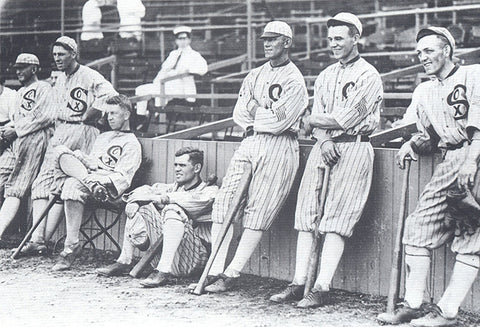
FEATURED ITEM

Arnold Rothstein: The Mastermind Behind the Chicago "Black Sox" Scandal
Arnold "The Brain" Rothstein, a notorious figure in the early 20th century, is often regarded as the man who corrupted sports and simultaneously paved the way for reforms. While he consistently denied his involvement, Rothstein was widely suspected of orchestrating the infamous Chicago "Black Sox" baseball scandal of 1919, where players threw the World Series. This scandal not only tarnished the reputation of the sport but also led to significant changes in the way professional sports were managed.
Rothstein's insatiable appetite for gambling extended to various forms of wagering, including casino games, cards, and horse racing. However, he was not merely a reckless gambler; he meticulously built a vast network of advisers to minimize the uncertainty associated with his bets. Reports suggest that he even manipulated the outcomes of numerous horse races. Furthermore, it is believed that Rothstein operated an illicit casino in Manhattan, further highlighting his involvement in the underworld of gambling.
Although Rothstein was indicted, he managed to evade conviction for fixing the 1919 World Series. Throughout the trial, he maintained his innocence, claiming that while he profited from gambling on the game's outcome, others, potentially using his name, were the ones responsible for compromising the Chicago White Sox players. Curiously, crucial testimony from several White Sox players mysteriously disappeared before reaching the grand jury. Additionally, during the trial, none of the players, including the legendary Shoeless Joe Jackson, testified, citing their Fifth Amendment rights against self-incrimination.
The impact of the scandal was far-reaching. It not only brought shame to the sport of baseball but also sparked a wave of reforms aimed at preventing such corruption from happening again. The creation of the Commissioner of Baseball position in 1920 was a direct response to the scandal, as it aimed to establish a governing body capable of overseeing and regulating the sport. The role of the commissioner was to uphold the integrity of the game, ensuring fair play and preventing any further scandals.
Furthermore, the incident prompted the adoption of strict rules and regulations, such as permanent bans for players involved in gambling or any other form of cheating. Eight members of the Chicago White Sox, including Shoeless Joe Jackson, received lifelong bans from baseball, effectively ending their careers and serving as a stern warning to future players.
The fallout from the scandal also led to increased public scrutiny and a demand for transparency in professional sports. Fans and spectators wanted to be reassured that their beloved games were played fairly, without any external influences compromising the integrity of the outcomes. This pressure forced sports organizations to implement stricter monitoring and investigative measures to prevent any potential corruption.
Arnold Rothstein's alleged involvement in the Chicago "Black Sox" scandal remains a subject of fascination and debate to this day. While he may have escaped conviction for his role in the conspiracy, his shadow looms large over the history of sports gambling. The scandal served as a wake-up call for the sports industry and ignited a movement towards greater accountability, ultimately shaping the future of professional sports.
Arnold Rothstein: The Mastermind Behind the Chicago "Black Sox" Scandal
Arnold "The Brain" Rothstein, a notorious figure in the early 20th century, is often regarded as the man who corrupted sports and simultaneously paved the way for reforms. While he consistently denied his involvement, Rothstein was widely suspected of orchestrating the infamous Chicago "Black Sox" baseball scandal of 1919, where players threw the World Series. This scandal not only tarnished the reputation of the sport but also led to significant changes in the way professional sports were managed.
Rothstein's insatiable appetite for gambling extended to various forms of wagering, including casino games, cards, and horse racing. However, he was not merely a reckless gambler; he meticulously built a vast network of advisers to minimize the uncertainty associated with his bets. Reports suggest that he even manipulated the outcomes of numerous horse races. Furthermore, it is believed that Rothstein operated an illicit casino in Manhattan, further highlighting his involvement in the underworld of gambling.
Although Rothstein was indicted, he managed to evade conviction for fixing the 1919 World Series. Throughout the trial, he maintained his innocence, claiming that while he profited from gambling on the game's outcome, others, potentially using his name, were the ones responsible for compromising the Chicago White Sox players. Curiously, crucial testimony from several White Sox players mysteriously disappeared before reaching the grand jury. Additionally, during the trial, none of the players, including the legendary Shoeless Joe Jackson, testified, citing their Fifth Amendment rights against self-incrimination.
The impact of the scandal was far-reaching. It not only brought shame to the sport of baseball but also sparked a wave of reforms aimed at preventing such corruption from happening again. The creation of the Commissioner of Baseball position in 1920 was a direct response to the scandal, as it aimed to establish a governing body capable of overseeing and regulating the sport. The role of the commissioner was to uphold the integrity of the game, ensuring fair play and preventing any further scandals.
Furthermore, the incident prompted the adoption of strict rules and regulations, such as permanent bans for players involved in gambling or any other form of cheating. Eight members of the Chicago White Sox, including Shoeless Joe Jackson, received lifelong bans from baseball, effectively ending their careers and serving as a stern warning to future players.
The fallout from the scandal also led to increased public scrutiny and a demand for transparency in professional sports. Fans and spectators wanted to be reassured that their beloved games were played fairly, without any external influences compromising the integrity of the outcomes. This pressure forced sports organizations to implement stricter monitoring and investigative measures to prevent any potential corruption.
Arnold Rothstein's alleged involvement in the Chicago "Black Sox" scandal remains a subject of fascination and debate to this day. While he may have escaped conviction for his role in the conspiracy, his shadow looms large over the history of sports gambling. The scandal served as a wake-up call for the sports industry and ignited a movement towards greater accountability, ultimately shaping the future of professional sports.
Related Articles

Julie Kedzie's Brave Sacrifice: Shedding Light on CTE and MMA

The Rise of Ngannou: From UFC to Boxing, a Force to be Reckoned With!
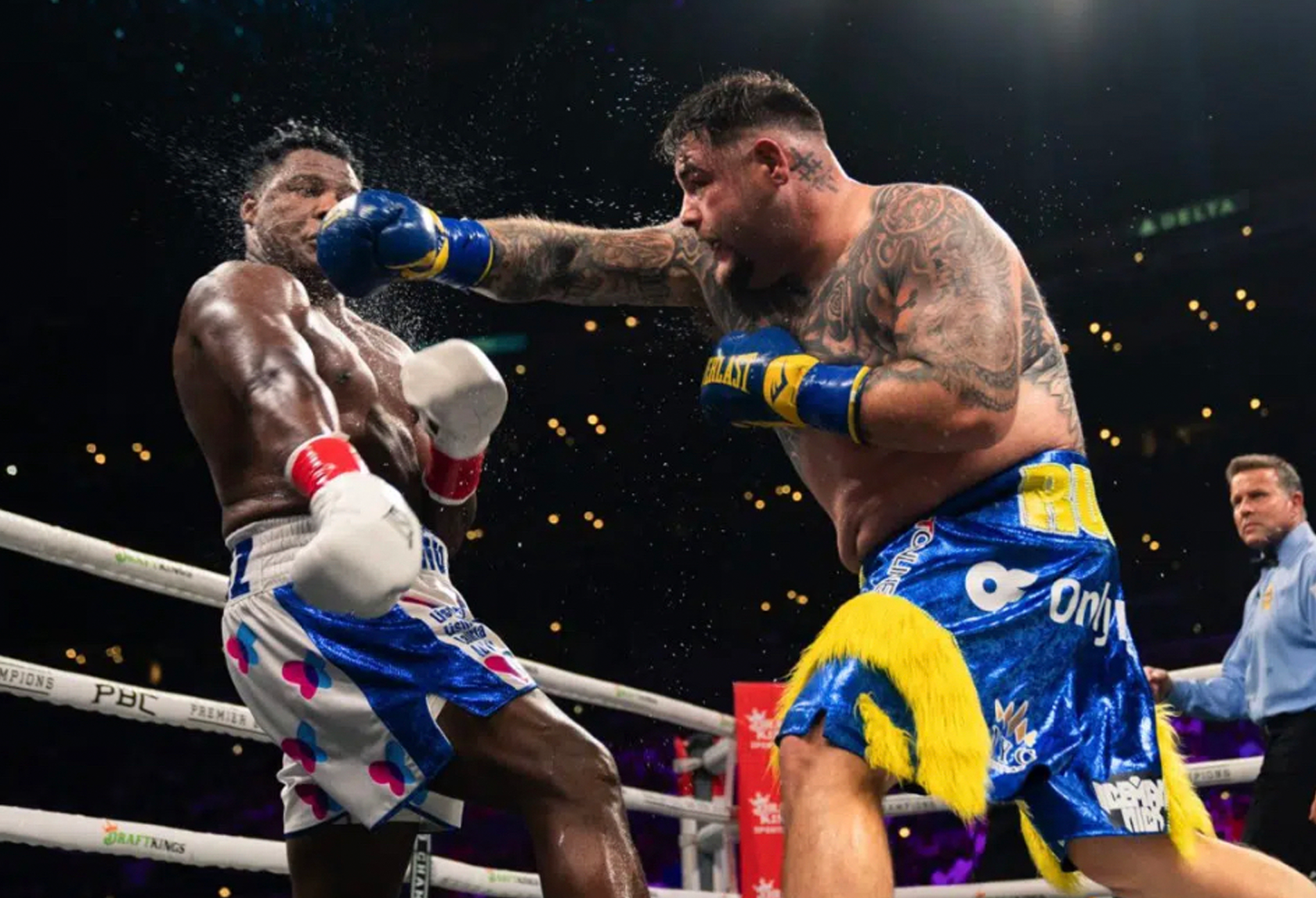
Powerhouses Collide: Andy Ruiz vs. Deontay Wilder - The Ultimate Heavyweight Showdown!

Rising from the Ashes: Tom Aspinall's Unforgettable Journey to UFC 295 Interim Title
Newest Releases
SHOP THE COMPLETE OMERTA STOREFEATURED ITEM
MOST POPULAR
ADVERTISMENT







